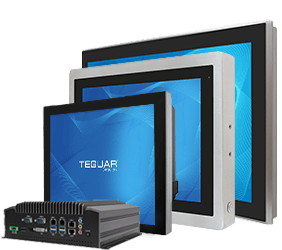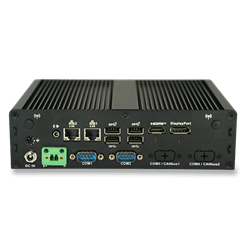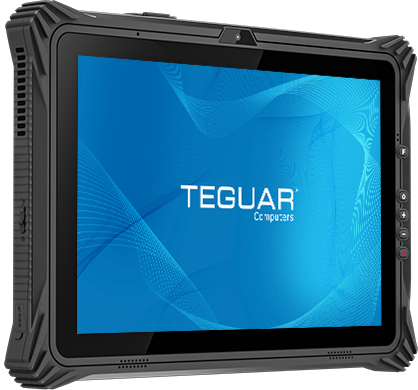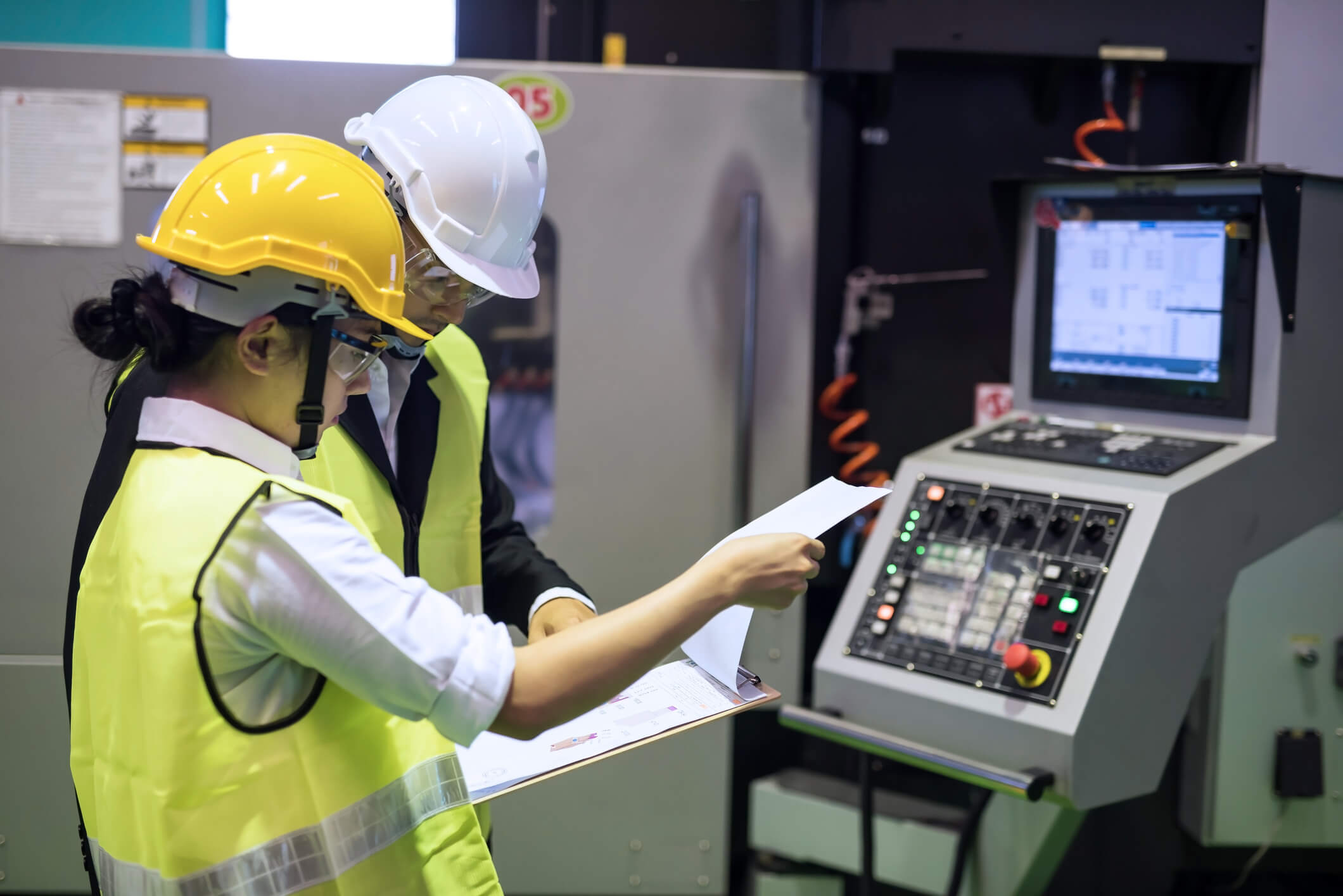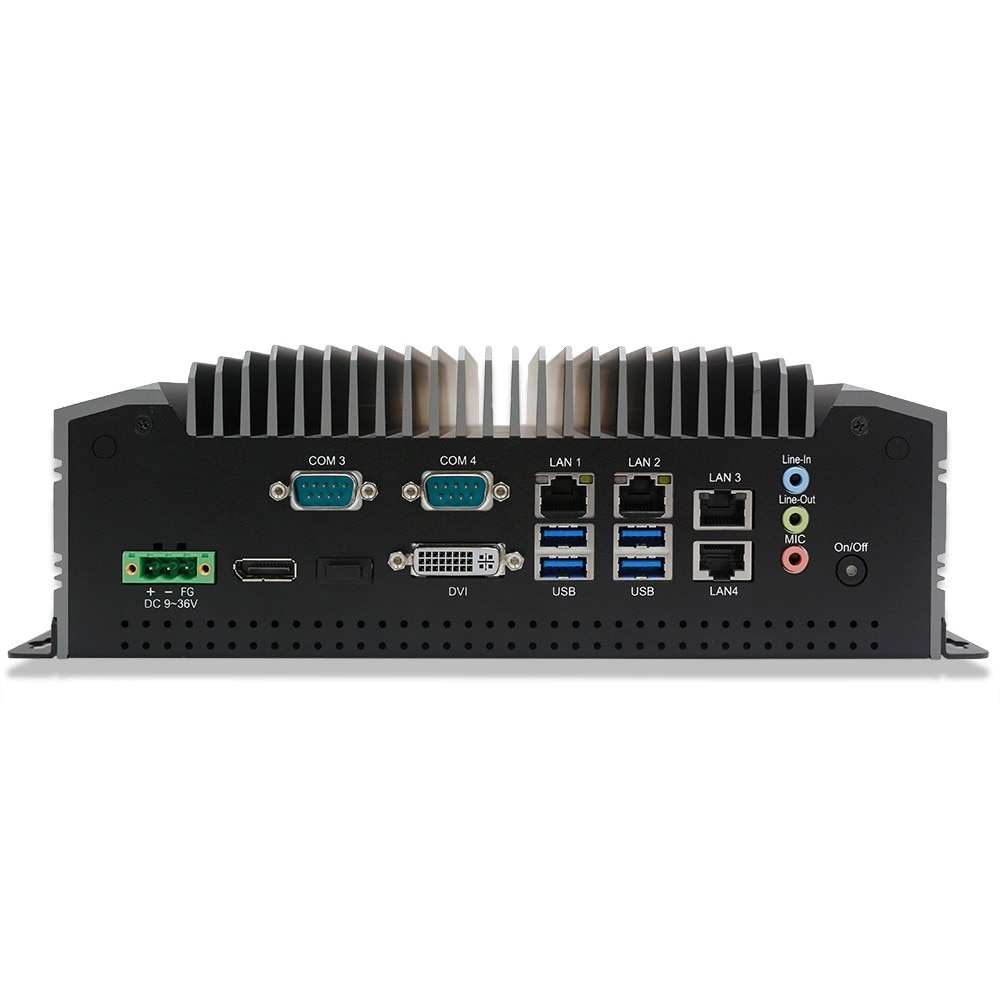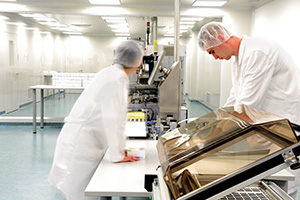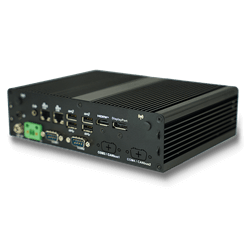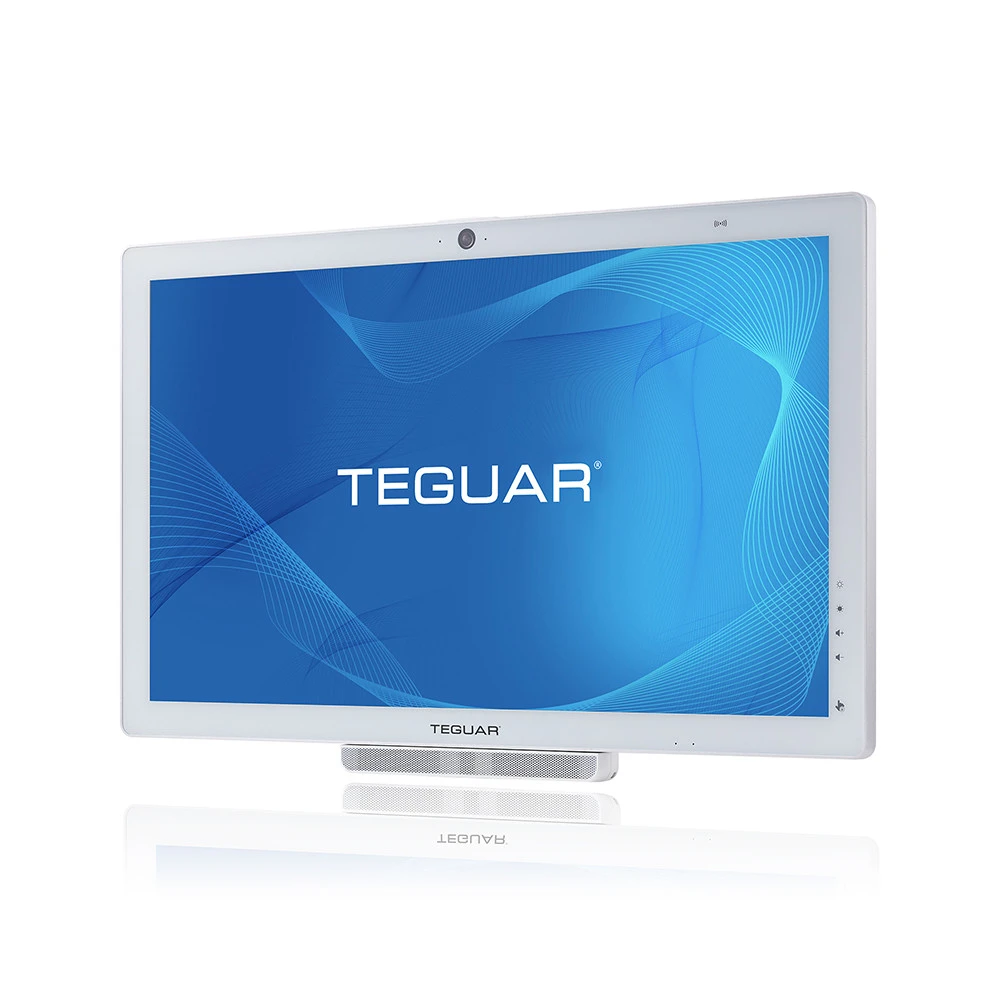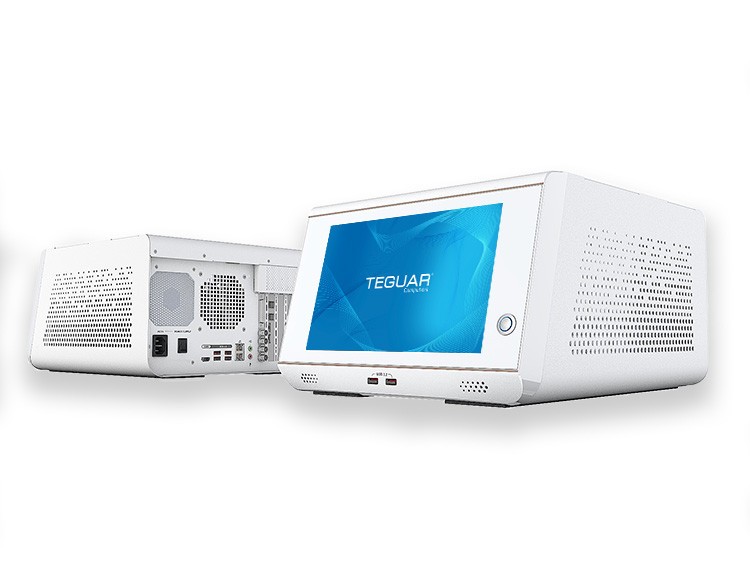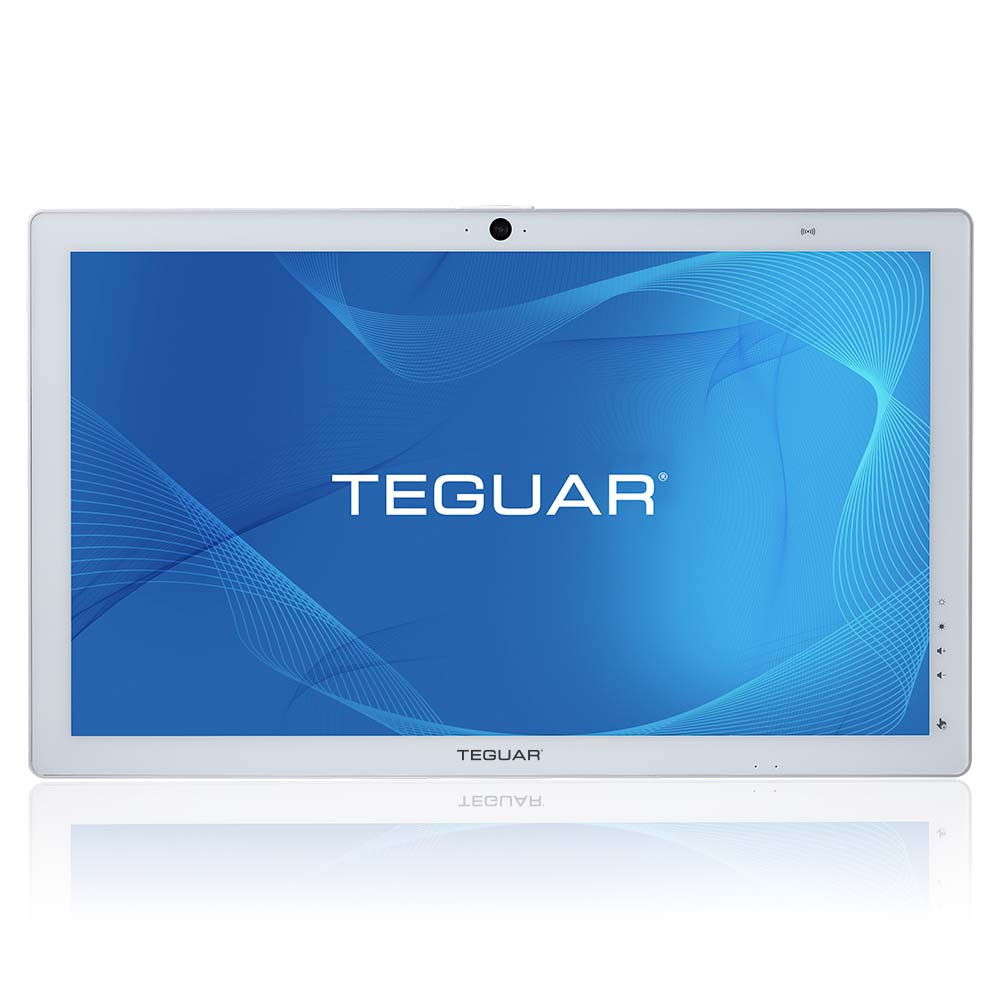Unlocking the Potential of Panel PCs: An Industiral Computing Revolution

Think of a regular desktop PC. It’s great for your office, right? But take that same machine and put it on a factory floor, covered in dust, vibrating with machinery, and subject to extreme temperatures. How long do you think it’d last? Not long. That’s where industrial Panel PCs stride in, like a superhero in a hard hat, ready to tackle the grimiest, toughest industrial environments.
The Unfair Advantage: Why Panel PCs Rule
Panel PCs aren’t just a computer and a screen bolted together; they’re an integrated, purpose-built powerhouse designed to shrug off what would kill a standard desktop. Their advantages are clear-cut.
Imagine trying to build a delicate watch in a sandstorm. That’s what you’re asking a desktop PC to do in an industrial setting. Panel PCs, on the other hand, are engineered for survival. They often boast IP-rated sealed enclosures, meaning dust, dirt, and even jets of water can’t get in. Some are crafted from rugged materials like stainless steel, shrugging off impacts and resisting corrosion, making them waterproof computers. This isn’t just about looking tough, it’s about preventing costly downtime.
Ever notice how your laptop fans kick into overdrive when you’re doing something intensive? Industrial environments often swing from freezing cold to scorching hot. Panel PCs employ advanced thermal management, frequently utilizing fanless designs with specialized heat sinks. This ensures stable operation across a wide temperature range, preventing performance throttling or catastrophic failures.
Think about a desktop PC setup with case tower, monitor, keyboard, mouse, a spaghetti of cables. In a tight industrial space, that’s a nightmare. Panel PCs combine the display, touchscreen, and computer into a single, sleek unit. This reduces complexity, simplifies installation, and eliminates potential points of failure from loose connections. It’s like having a full orchestra condensed into a single, perfectly tuned instrument.
Many industrial applications demand direct interaction. Panel PCs use highly durable touchscreens, often resistive or projected capacitive (PCAP), that can withstand repeated touches, chemical exposure, and even operation with gloved hands. Try that with your delicate office monitor.
Industrial areas are notorious for electromagnetic interference (EMI) and radio-frequency interference (RFI). Motors, welders, and other heavy machinery can wreak havoc on sensitive electronics. Panel PCs are designed with enhanced shielding to minimize this interference, ensuring reliable data integrity and consistent performance.
When you deploy a system in an industrial setting, you need it to last. And you need support for years, not just months. Panel PC manufacturers like Teguar understand this, offering extended product lifecycles and dedicated technical support. This stability is crucial for avoiding costly re-certifications and equipment replacements down the line.
When Did Companies Start “Ruggedizing” PCs?
The concept of integrating a computer and display for specialized applications isn’t new, but the widespread adoption and refinement of what we now call Panel PCs really gained traction in the late 1980s and early 1990s. As industrial automation and control systems became more sophisticated, there was a clear need for industrial computing devices that could withstand the rigors of factory floors, laboratories, and outdoor installations.
Before Panel PCs, companies often had to house standard computers in expensive, bulky industrial enclosures, which was inefficient and still left many vulnerabilities. The shift was driven by the desire for more compact, reliable, and purpose-built solutions. Early iterations might have been clunky, but they laid the groundwork for the sleek, powerful devices we see today. It was a natural evolution, much like how mobile phones went from brick sized devices to the powerful mini-computers in our pockets.
Where Do Panel PCs Shine? Unpacking Their Applications
The versatility of Panel PCs means you’ll find them almost anywhere a regular desktop computer fears to tread. Their ability to handle tough conditions while providing intuitive interaction makes them indispensable across countless sectors.
In manufacturing and industrial automation, this is their natural habitat. Think human-machine interfaces (HMIs) controlling assembly lines, monitoring temperatures in a chemical plant, or managing inventory in a dusty warehouse. They’re the brains behind the brawn, ensuring processes run smoothly and efficiently. In food and beverage processing, hygiene is paramount. Stainless steel Panel PCs are a common sight, as they can withstand frequent washdowns with harsh sanitizers, crucial for maintaining food safety standards. For logistics and warehousing, from tracking packages at a loading dock to managing automated storage and retrieval systems, Panel PCs provide real-time data input and display in demanding environments where bumps, drops, and temperature swings are routine.
In healthcare and medical facilities, hospitals and clinics utilize medical-grade Panel PCs for their easy-to-clean, fanless designs that prevent the spread of pathogens. They’re used for patient monitoring, medical imaging, and operating room control. While not always harsh, retail and hospitality environments still benefit from ruggedness. Consider interactive kiosks, point-of-sale (POS) systems, or digital signage in high-traffic areas, all requiring robust touchscreens and reliable operation.
You’ll also find them in outdoor and transportation applications. From public transportation ticketing systems that endure rain and direct sunlight to agricultural machinery navigating dusty fields, Panel PCs are designed to withstand the elements and constant vibration. On boats and ships, where saltwater, humidity, and constant motion are the norm, specialized marine panel computers ensure navigation, communication, and control systems remain operational.
Panel PCs aren’t just computers, they’re strategic investments for any operation demanding reliable, high-performance computing in challenging environments. They’re the silent workhorses, ensuring that critical processes keep running, come what may.
FAQ
Q: What is a Panel PC?
A: A panel PC combines a computer and a touchscreen monitor into a single unit, offering a compact, powerful computing solution. This integration is particularly beneficial in space-constrained environments where traditional desktop PCs are impractical.
Q: How have Panel PCs evolved over time?
A: PCs have evolved from bulky, limited-function devices to sleek, high-performance machines. This evolution reflects advancements in technology, including better processors, display technologies, and more robust build materials.
Q: What are the design and build qualities of Panel PCs?
A: These computers are designed with a focus on minimalism and aesthetic appeal. They often feature LED or OLED screens and are encased in durable materials like stainless steel or reinforced plastic, making them resistant to harsh conditions.
Q: Can Panel PCs operate with different operating systems?
A: Yes, panel PCs are versatile in software compatibility. They can run various operating systems such as Windows, Linux, and custom OS solutions, catering to a wide range of applications.
Q: What makes Panel PCs suitable for industrial and commercial use?
A: Their robust build, reliability, and high-performance processing capabilities make these PCs ideal for industrial control, automation, and commercial applications like POS systems and information kiosks.
Q: Are Panel PCs customizable?
A: Yes, panel PCs offer customization options including screen size, processing power, and additional features. This flexibility ensures they can meet specific requirements in different settings.
Q: How do Panel PCs compare cost-wise to traditional computing systems?
A: While initially more expensive, these rugged PCs are cost-effective in the long run due to their all-in-one design, durability, and advanced features. They reduce the need for additional peripherals, adding to their overall value.
Q: What are the future trends in Panel PC technology?
A: Future trends include IoT integration, AI capabilities, and advanced user interfaces. These developments indicate a shift towards more intelligent, interconnected devices in the Panel PC market.
Q: How do Panel PCs handle harsh environments?
A: Panel PCs are built to withstand extreme conditions, such as high temperatures, dust, and moisture. This durability is crucial in industrial settings and outdoor installations.
Q: What are the security and privacy features of Panel PCs?
A: Panel PCs prioritize security with features like data encryption and secure access controls. They also incorporate measures to protect user privacy and safeguard sensitive data.
Q: What support and maintenance options are available for Panel PCs?
A: These computers are designed for easy maintenance and longevity. Manufacturers often provide comprehensive support and warranty options, ensuring users have assistance when needed.
Q: How are Panel PCs contributing to future technologies?
A: Panel PCs play a significant role in future technologies. As we move towards a more interconnected and automated world, these devices are essential in various sectors for innovation and efficiency.


